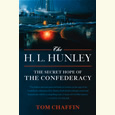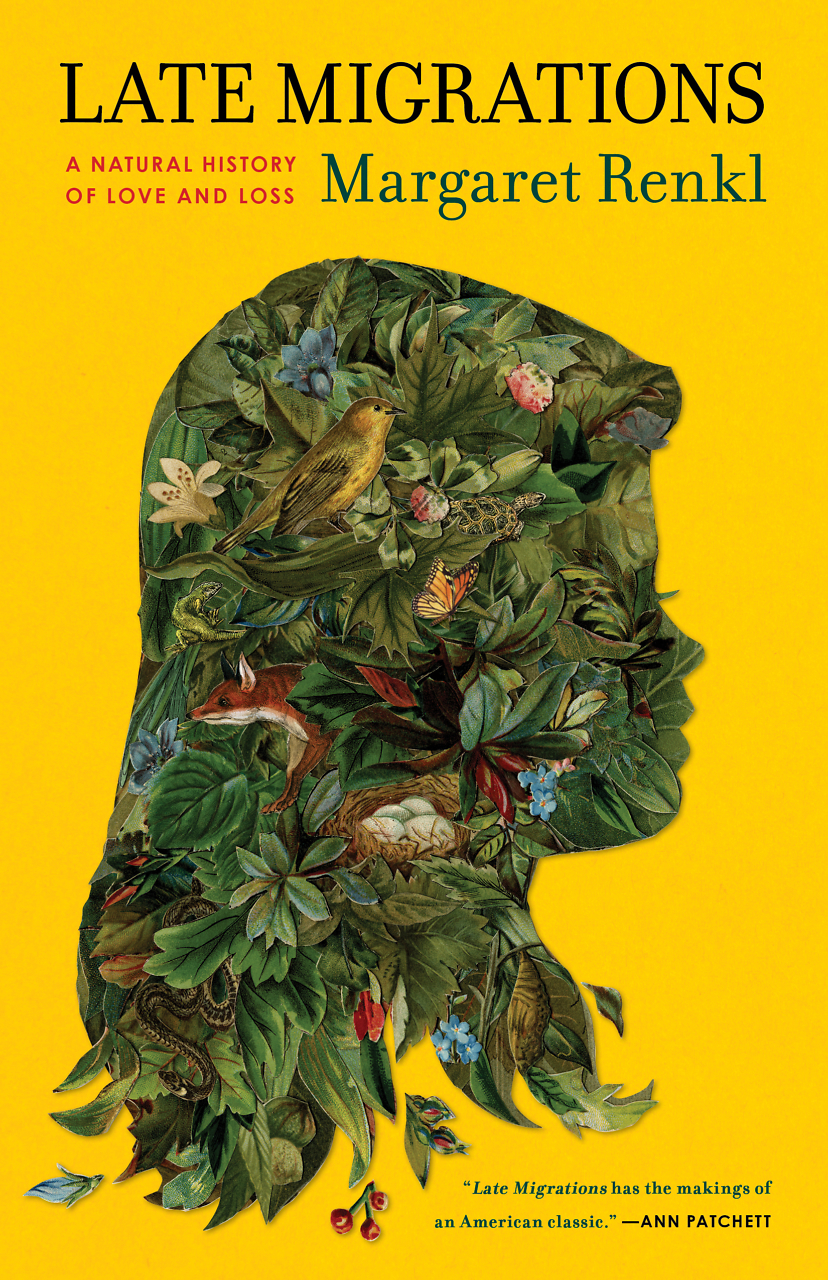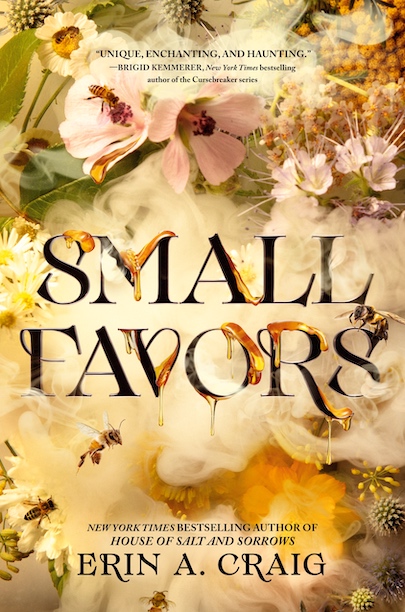So Many Secrets
Plum portrays the splintering effect of trauma
Written entirely in second person, Plum is an immersive and propulsive novel that doesn’t shy away from the viscerality of abuse and its long-term impact on a life. Author Andy Anderegg places the reader in the immediacy of each moment of a young girl named J’s life as she comes of age, leaves home, creates new relationships, and repairs others — including the fractured one with herself. It’s an achingly poignant story, but it’s told with a disarming and poetic frankness that makes it difficult to put down and deeply moving to read.
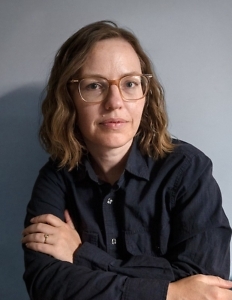
“There are so many secrets in your house, you do not even know them all,” Anderegg writes, setting the scene at the beginning of the novel and establishing J’s family dynamic. “You just know: don’t ask, don’t get told, don’t get hit, stay the course. Keep everyone fed. Keep no one hungry.” We observe how J has learned to anticipate her parents’ needs as an avenue to earning their interest in meeting her own. “Maybe you are running low on milk, or need something like some clear gelatin for your science project? There is always a way to get [your dad] to take care of himself, which is the thin string to: he might take care of you.”
This method, dysfunctional as it is, sometimes works out for J, but it doesn’t offer much protection for her unnamed older brother. When their father hits the ceiling of his anger, which is frequent and cyclical, he makes her brother a scapegoat for just about everything.
“You listen with your whole body to what happens in your brother’s room and you hear the air change when it’s over,” J reflects, “when your dad stops what he is doing long enough for it to seem bizarre even to him and he will let your brother go like he’d let a cat go after petting it.” Witnessing the difference in how her brother is treated catalyzes deep survivor’s guilt in J, which follows her throughout the book and strains not just their sibling connection, but all of her relationships.
This is just one of several ways that Anderegg portrays the splintering effect trauma has on a person. We witness it in each member of the family, including J’s mom, who is described as “around here somewhere, like a phone that’s always ringing” — one of the many precise metaphors that surprise on every page, each one making the story more urgent and alive.
 As J trudges through the precarious years of adolescence, she and her brother grow more isolated, each sequestered in their own methods of coping. When he leaves home, they lose touch completely; and what J hoped might be her strongest tether to the outside world is cut, causing her to question if she’s capable of making a life for herself. To gain independence from her parents, she earns money by livestreaming on a webcam and chatting with men who send her money for her hair, nails, and clothes.
As J trudges through the precarious years of adolescence, she and her brother grow more isolated, each sequestered in their own methods of coping. When he leaves home, they lose touch completely; and what J hoped might be her strongest tether to the outside world is cut, causing her to question if she’s capable of making a life for herself. To gain independence from her parents, she earns money by livestreaming on a webcam and chatting with men who send her money for her hair, nails, and clothes.
This is how J pays her way through college and carves a way out of her home life — only calling home on “the parent days,” and eventually, not at all. But she discovers that the freedom of adulthood she once dreamt of so feverishly is something she can’t move through without running into incessant obstacles set up by her past. “There’s nothing that can undo it, can reverse the way you are, which must be stored in your genetic code or deeper, in your fate, or in the shape of your eyeballs, damage so severe and so undoable a brain scan could reveal it.”
The challenges that come with adulthood cause J to realize that no matter how hard she works at her career or her long-term partnership, she must also work on her relationship to herself in order to heal and live a more fulfilling life. “You learn something called repair,” Anderegg writes, “where you don’t throw a person and your relationship in the road and drive off forever.” Looming largest on the list of demons J must face is her complex desire to rekindle a relationship with her brother.
Plum’s title comes from the novel’s opening image: J and her brother, at their father’s command, picking up plums that have fallen into the expensive mulch below. It’s the perfect microcosm for the ordinary ways that generational patterns of abuse often play out. It’s also a gorgeous example of Anderegg’s razor-sharp attention to detail and penchant for metaphor that make this remarkable story of resilience so gripping to read.
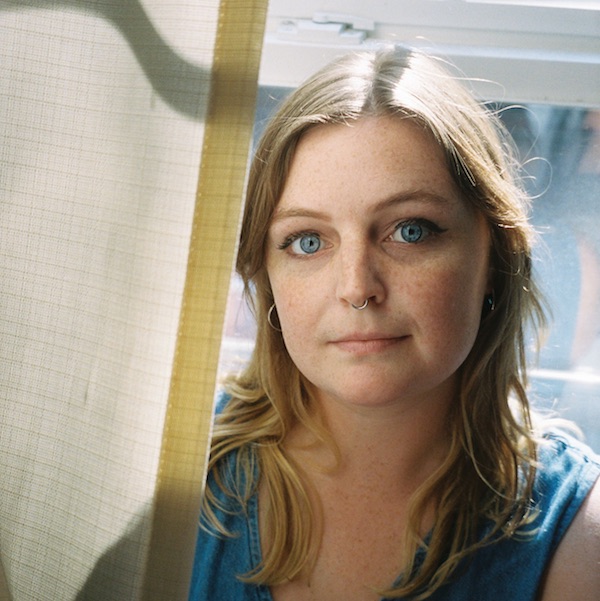
Lou Turner is a writer and musician based in Nashville. She holds an MFA in poetry from Randolph College and is the author of Twin Lead Lines, forthcoming from Third Man Books in September 2025. She edits Quarter Notes, a lit mag with a musical ear.
